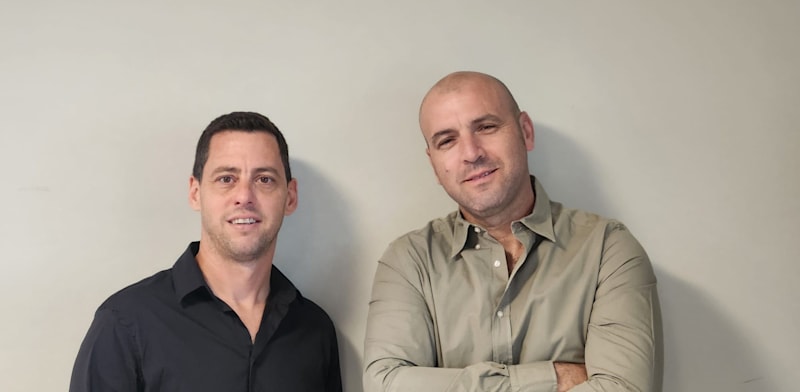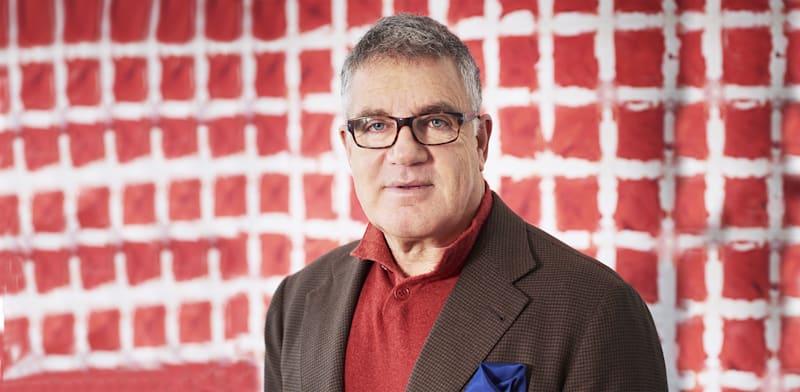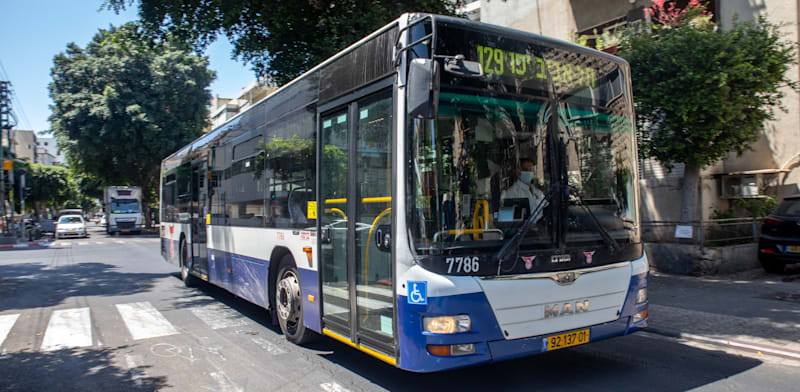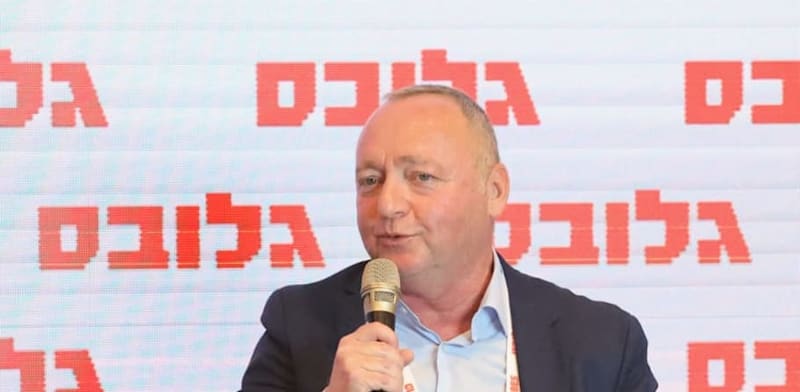TRANSPORT & INFRASTRUCTURE
 Jerusalem light rail delays pile up
Jerusalem light rail delays pile up
The war and violent haredi protests are delaying opening of the Green Line and Red Line extension as well as the start of construction of the Blue Line.
 Wellborn Capital buys 45% stake in shipping co BHM
Wellborn Capital buys 45% stake in shipping co BHM
As part of the deal, owners Zvika Bar Haim and Amir Mangad will sell half of their holdings (in equal parts), while at the same time Wellborn will inject capital into the company in order to support the expansion of activities.
 Idan Ofer again loses on EVs
Idan Ofer again loses on EVs
Ten years ago, Better Place collapsed with losses of NIS 3 billion. Now, OPC, controlled by Ofer's Kenon Holdings, is writing off its much more modest investment in charging station company Gnrgy.
 Public transport fare reform goes into effect
Public transport fare reform goes into effect
The reform includes free travel for discharged soldiers in their first year after service, 50% discount fares for residents of the geographical periphery, and discounts for those aged 26 and younger.
 Ashdod Port CEO reveals IPO plans
Ashdod Port CEO reveals IPO plans
Shaul Schneider told the Globes Infrastructures Conference that only 49% of the port's shares would be sold, so control would remain in government hands.